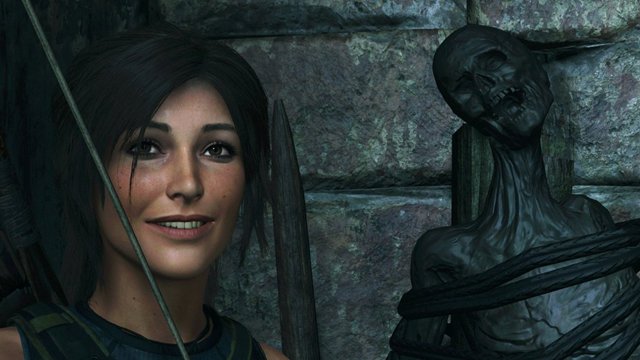Shadow of the Tomb Raider reviews are out and they’re fine. They’re not overwhelmingly positive, but they’re not overwhelmingly negative, either. We gave it a commendable score of 4 out of 5, and it currently sits at a Metascore of 78. However, as we all know, any Metascore that falls below 80 for a popular game —…

Atlas is an action-rpg with rogue-like elements where you use your ability to control the ground to fight the enemies and move through procedurally generated worlds.










